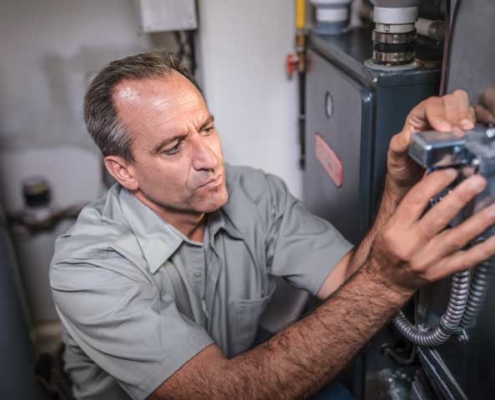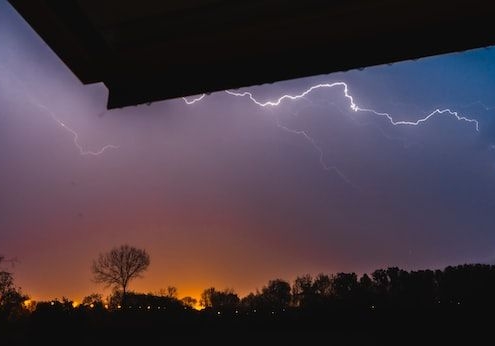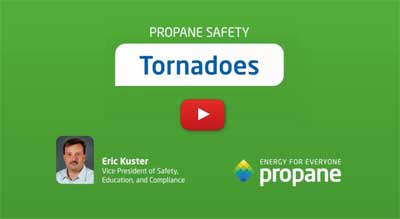Propane Furnace Maintenance & Care in Central New York
How Cleaning Propane Furnace Filters Leads to Saving Money
 The simple act of cleaning your propane furnace filters can have a significant impact on your wallet when it comes to heating your home with propane in Syracuse and Central New York. Let’s explore how this straightforward maintenance task contributes to cost savings.
The simple act of cleaning your propane furnace filters can have a significant impact on your wallet when it comes to heating your home with propane in Syracuse and Central New York. Let’s explore how this straightforward maintenance task contributes to cost savings.
Improved Energy Efficiency
A clean filter allows for unobstructed airflow, which means your furnace doesn’t have to expend additional energy to heat your home. This improved energy efficiency can be seen in lower monthly propane bills, which is especially appreciated during the long winters in Central New York.
Reduced Strain on Furnace Components
When filters are clogged, the other components of your furnace have to pick up the slack, often working harder to compensate for the reduced airflow. This additional strain can lead to premature breakdowns and costly repairs. By keeping your filters clean, you reduce the risk of such failures.
Avoiding Emergency Repairs
Clogged filters can cause your furnace to overheat or shut down completely. Emergency repairs are not only inconvenient but can also be expensive. Regular filter maintenance helps you avoid these situations, ensuring that your system runs smoothly throughout the coldest months.
Potential Risks of Neglecting Propane Furnace Maintenance
Failing to maintain your propane furnace can lead to a host of issues. Understanding these risks can motivate you to keep on top of your maintenance schedule.
Decreased Efficiency and Increased Costs
A furnace running with dirty filters will consume more energy to produce the same amount of heat, directly leading to higher energy bills. Over time, this inefficiency can add up to a significant amount of wasted money.
The Safety of You & Your Family
A malfunctioning furnace isn’t just a financial concern—it can be a safety hazard. A poorly maintained system is at a higher risk of developing leaks or causing carbon monoxide buildup, both of which can be dangerous to you and your family.
Premature System Failure
Long-term neglect of furnace maintenance can result in the early failure of your propane furnace. This could force you to replace your furnace years before you would have needed to if you had maintained it properly, incurring unnecessary expense.
Cost Comparison: Regular Maintenance vs Major Repairs
When it comes to your propane furnace, an ounce of prevention is worth a pound of cure. Let’s compare the costs associated with regular maintenance versus those of major repairs or system replacement.
The Cost of Regular Maintenance
Regular maintenance, including filter cleaning or replacement, is relatively inexpensive. The cost is minor, especially when you consider the savings on your energy bills and the potential extension of your furnace’s lifespan.
The High Price of Major Repairs
Ignoring maintenance can lead to significant issues that are much costlier to fix. A simple problem like a dirty filter can escalate into a system-wide failure that requires extensive repairs, often at a premium price, especially in emergency situations.
The Ultimate Cost: System Replacement
In the worst-case scenario, neglecting your furnace maintenance can lead to a complete system breakdown beyond repair. Replacing a propane furnace is a substantial investment, one that could likely have been delayed with proper care and regular maintenance.
Propane Heating in Syracuse & Central New York
Remember, regular preventive maintenance is key to maximizing the lifespan and efficiency of your propane heating system. So, don’t wait until it’s too late; clean those filters, schedule regular check-ups, and enjoy the warmth of your home without the worry of unnecessary costs.

 When severe weather strikes, make sure you and your family are prepared and safe. Just follow the tips below and contact your local propane supplier if your propane system ever gets damaged.
When severe weather strikes, make sure you and your family are prepared and safe. Just follow the tips below and contact your local propane supplier if your propane system ever gets damaged.
